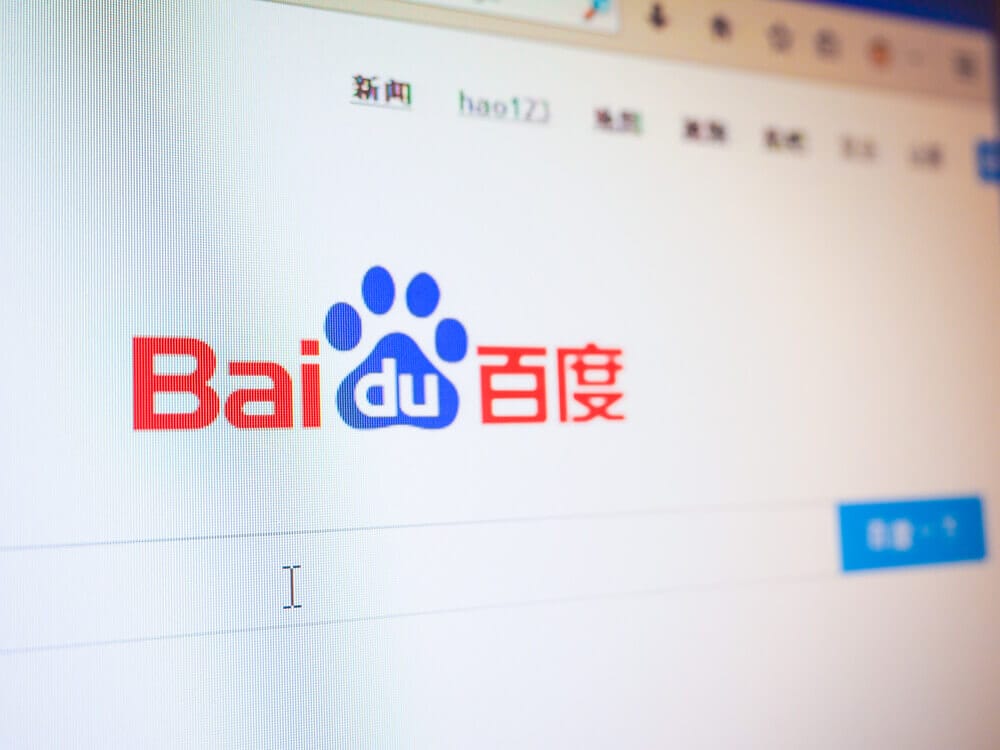
How Does Baidu Compare to Google? Need to Knows for SEOs
In 2016, China held the title for the largest population of internet consumers, reporting a total of 721 million users. To put that number in perspective, almost one-quarter of the world’s internet users now live in China. While Google maintains its status as the most popular search engine in the US (and many other countries), Baidu is still the undisputed leader when it comes to Chinese search.
Data from 2015 shows Baidu claiming a whopping 80% of market share by advertising revenues. For SEOs at multi-national companies, optimizing for Baidu can represent a large opportunity for business growth. However, there are many differences between Google and Baidu that need to be taken into consideration when creating an SEO strategy.
So, How Does Baidu Compare to Google?
Despite being oceans apart, both Google and Baidu share some common ground.
Both operate off their own proprietary search algorithms. Both utilize paid advertising platforms to generate revenue. Both provide their own webmaster and keyword analysis tools. And both Google and Baidu utilize geo-targeting to generate more relevant query results for users.
But take a closer look and the differences between them start to become noticeable.
The following are some high-level need-to-knows for SEOs looking to optimize sites for search in Chinese markets.
Accessibility
First and foremost, Baidu (and the rest of the Chinese internet) is government controlled. Sites in China absolutely need to avoid using prohibited terms or risk getting banned from search results. Sites that are anti-government, and contain adult or gambling-related content will also be banned.
Additionally, for a site to utilize Baidu’s paid ad network, site owners usually must obtain an Internet Content Provider (ICP) from the Chinese government. This is an absolute must for companies looking to expand e-commerce into Chinese markets. Applications for an ICP can be submitted to the Chinese Ministry of Industry & Technology.
Hosting
Contrary to popular belief, there is no requirement to host your website within mainland China. However, site speed can be greatly impacted when hosting outside of the country’s borders. A common workaround to this is to host websites in neighboring Hong Kong, Taiwan, or Macau to decrease page load times.
Language
Both Google and Baidu will crawl sites in any language, but Baidu will give preference to sites written in simplified Chinese. This is true for both on-page content and metadata. A site that has all its metadata, ads, and content written in simplified Chinese will almost always rank higher on Baidu than its counterpart written in another language.
It is very important to have landing pages and site content properly translated by native speakers. Avoid using automated translation services, as they are generally inaccurate and could do more harm than good.
Duplicate Content
Another difference to highlight is how each search engine handles duplicate content. Google and other American-based search engines are generally good when it comes to detecting non-spammy duplicate content. Baidu, however, is not as sophisticated in its detection and will heavily penalize sites with large amounts of duplicate content. Avoid it at all costs.
Meta Keywords
Except for Bing, most US search engines have phased out including meta keyword tagging as part of their ranking algorithm – largely ignoring their presence.
Baidu, on the other hand, still uses them as part of its core ranking algorithm. Meta keywords should be implemented on every page and should include a handful of key phrases. As with stateside sites, care should be taken, however, to avoid keyword stuffing.
Header Tags + Meta Descriptions
Baidu still very much depends on meta descriptions being present, containing target keywords, and branded terms. Formatting is a bit different from their American counterparts, however.
Baidu’s meta descriptions should be no longer than 78 characters. Hierarchical header tag structure is also very important. Each page should contain a <h1> tag before any other header tags. All metadata should be in simplified Chinese characters.
Image Alt Text
Baidu still relies heavily on image ALT tagging to determine context.
iFrames, JavaScript, and Flash
Baidu has gained a reputation for being notoriously bad at crawling and indexing content hosted in iFrames, JavaScript, or Flash. Avoid using them wherever possible.
Sub Domains
Google has made large strides at assigning SEO credit correctly between sub and parent domains over the past few years (don’t get your hopes up – it is still not recommended to host content on a sub domain) but this is something that Baidu still struggles with. For that reason, it is advisable to avoid using subdomains wherever possible.
Link Building
It is a common misconception that Baidu places heavy emphasis on the number of links rather than link quality. However, this is not the case. Baidu, much the same as Google, takes both quality and quantity into account when looking at a site’s off-page SEO profile.
Baidu, however, uses anchor text as a ranking factor, so be sure to include keyword-rich anchor tagging on any links on your site. Additionally, there is some evidence to support that Baidu treats plain text mentions the same as links, however, this has yet to be definitively proven.
For the most part, there are more similarities than differences when it comes to optimizing a site for a Chinese search, but the devil is very much in the details when it comes to optimizing for a Chinese search.
Just remember to stay out of the weeds and follow the golden rule: keep the end user in mind and it’ll all be fine.








